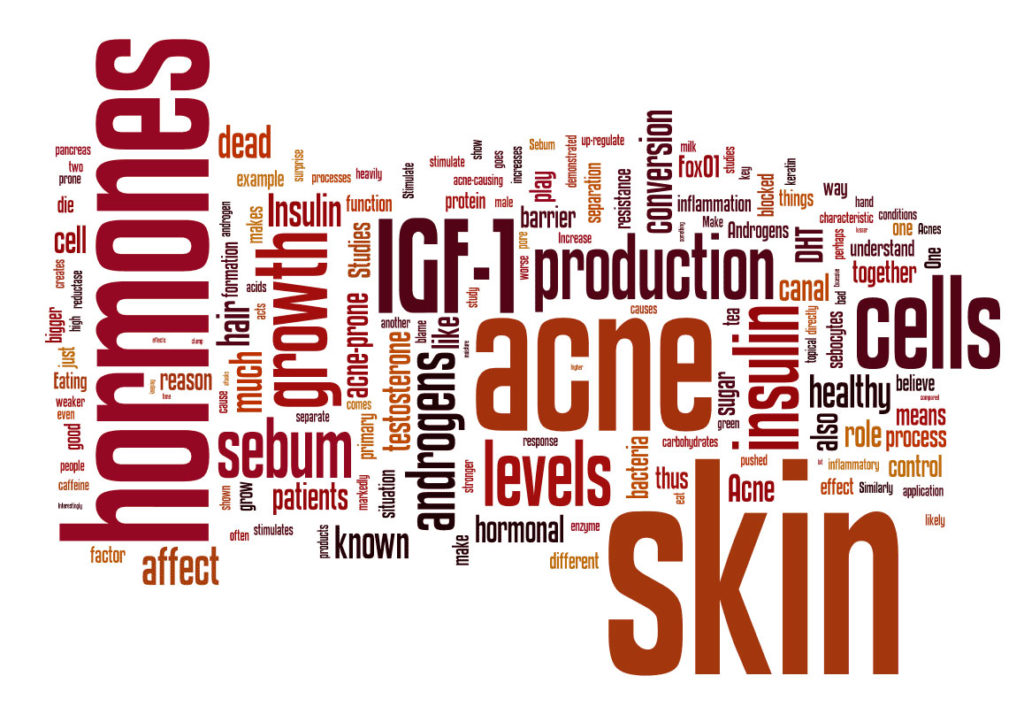Last month we looked at the role of the bacteria in our gut. This month we’ll have a look at how to optimise the health of those bacteria.
Diets that are high in refined carbohydrates, processed foods, sugar and low in fibre can encourage the growth of bad bacteria and inhibit the growth of beneficial bacteria. Stress can also have a negative impact on the health of our gut microflora. Antibiotics destroy all gut bacteria, both good & bad. The gut is then slowly re-colonised by bacteria, but it appears that the re-colonisation happens with a greater proportion of less beneficial bacteria.
The activity of probiotic bacteria is short-lived and so they need to be consumed daily to benefit from their health-giving properties. A daily intake of 1 to 10 billion bacteria is needed to have a beneficial effect. Probiotics are found in foods such as yoghurt, fermented foods like unpasteurised sauerkraut and kimchi, brined olives, kefir and probiotic supplements. Side effects from taking probiotic supplements are rare, however, in some people who have intestinal damage or immune system issues, they may not be beneficial. Additionally, people who are lactose intolerant need to make sure they select a dairy-free probiotic supplement. The most common side effect is gas, in some people, and this usually disappears with continued use.
The hygiene hypothesis suggests that because we are exposed to fewer infections in infancy due to modern families being smaller with fewer siblings and a cleaner, more sterile environment, we are not exposed to small doses of bacteria that helps our immune systems to mature. This may be one of the causes of increased incidence of allergies and asthma in developed countries. One must wonder about the effect of antibacterial soaps, hand sanitisers and that children don’t play in the dirt as much as they once did. Are we somehow compromising the health of our gut bacteria in this way?
Prebiotics are fibres in foods that we are unable to digest but are digested by the good bacteria in our gut, which keeps them healthy and enables them to keep us healthy. They are found in foods such as oats, apples, onions, artichokes, beans, asparagus, leeks, garlic, onions, coconut and bananas.
Perhaps it’s more accurate to say that we are not what we eat, but rather we are what our gut microbiota eat.

Nutritionist and Health Coach
(BSc Human Nutrition and Sports Science, Massey University, Auckland)
Member of the Nutrition Society of New Zealand
References:
1. The Science of Nutrition by Thompson & Manore p 126 – 127, 516 – 517
2. Bacteriocins: nature, function and structure. Daw MA1, Falkiner FR. http://www.ncbi.nlm.nih.gov/pubmed/9168627
4. http://www.mayoclinic.org/drugs-supplements/acidophilus/safety/hrb-20058615
5. https://nccih.nih.gov/health/probiotics/introduction.htm
6. http://naturaldatabase.therapeuticresearch.com/home.aspx?cs=&s=ND&AspxAutoDetectCookieSupport=1
7. http://naturaldatabase.therapeuticresearch.com/ce/ceCourse.aspx?s=ND&cs=&pc=13-103&cec=1&pm=5
8. The role of short-chain fatty acids in the interplay between diet, gut microbiota, and host energy metabolism. The Journal of Lipid Research. 2013 Sep; 54(9): 2325–2340. http://www.ncbi.nlm.nih.gov/pmc/articles/PMC3735932/
9. How Short-Chain Fatty Acids Affect Health and Weight. By Mary Jane Brown, PhD, RD https://authoritynutrition.com/short-chain-fatty-acids-101/
10. http://news.nationalgeographic.com/2016/01/160111-microbiome-estimate-count-ratio-human-health-science/ https://www.weizmann.ac.il/plants/Milo/publications
11. Are We Really Vastly Outnumbered? Revisiting the Ratio of Bacterial to Host Cells in Humans Ron Sender, Shai Fuchs3, , Ron Milo January 2016 http://www.cell.com/cell/abstract/S0092-8674(16)00053-2?_returnURL=http%3A%2F%2Flinkinghub.elsevier.com%2Fretrieve%2Fpii%2FS0092867416000532%3Fshowall%3Dtrue
12. https://chriskresser.com/9-steps-to-perfect-health-5-heal-your-gut/




